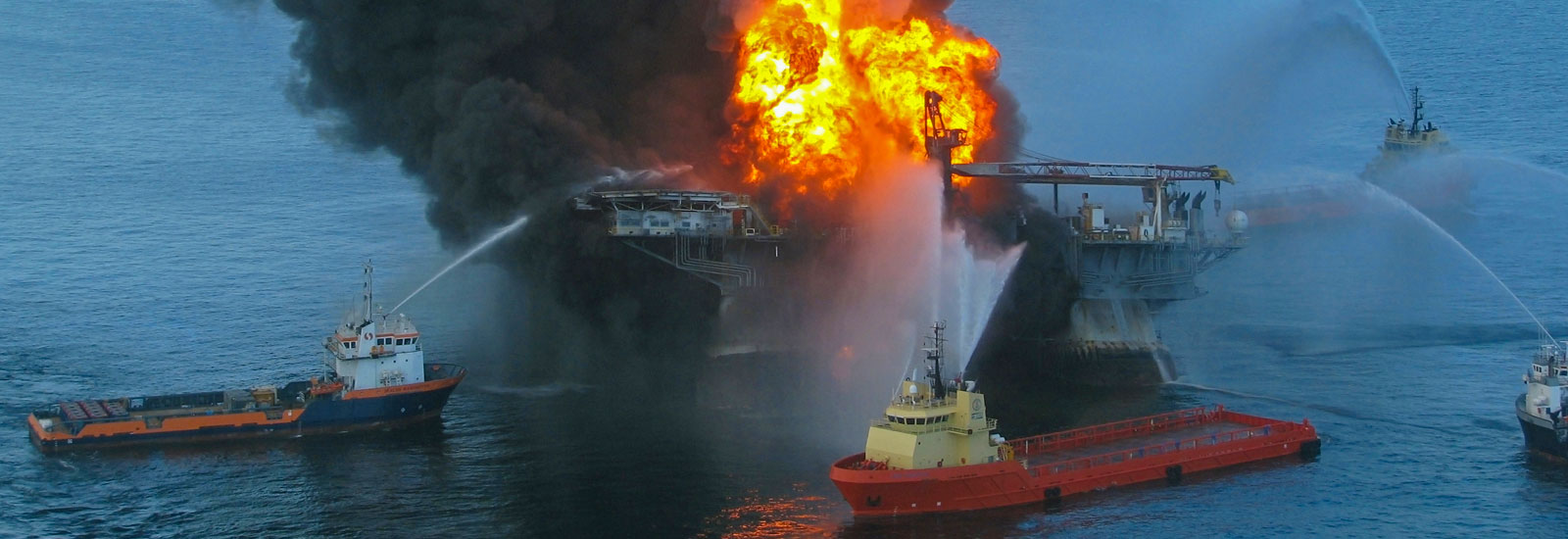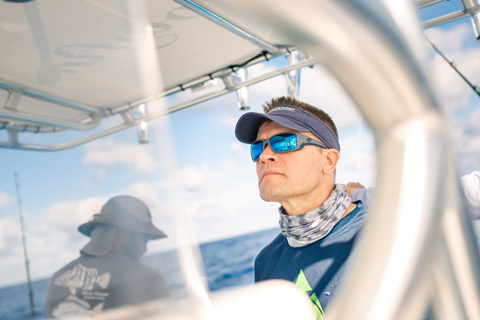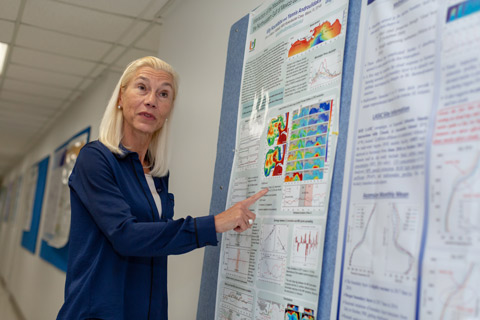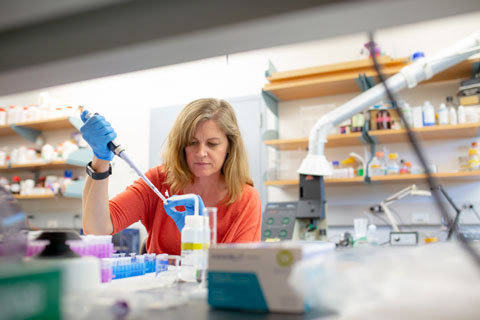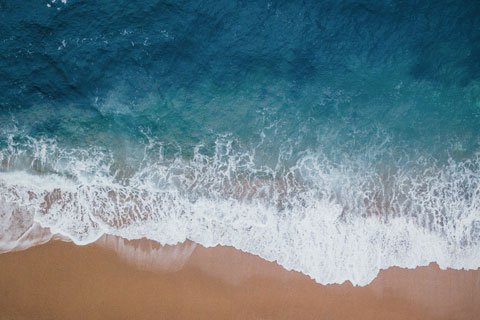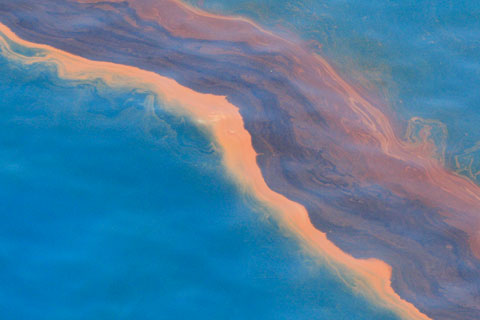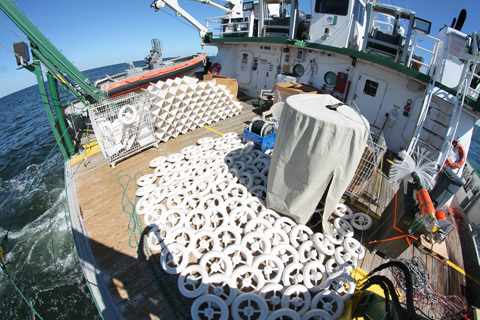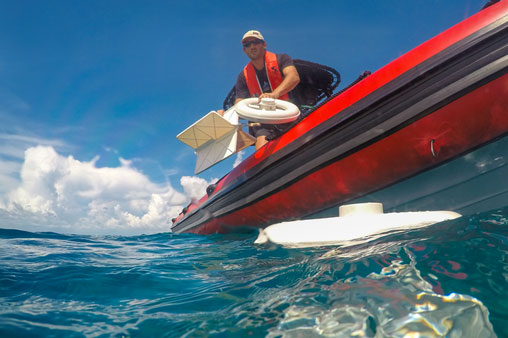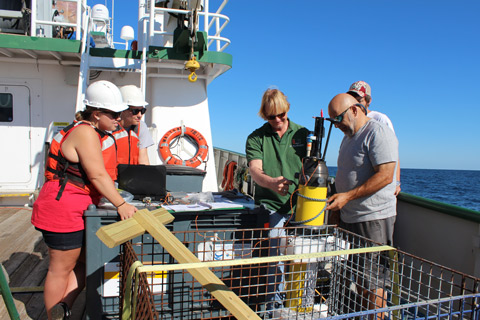by ROBERT C. JONES JR.
UM News
09-26-2018
On April 20, 2010, BP’s Deepwater Horizon oil rig exploded in the Gulf of Mexico, killing 11 people and injuring 17 in one of the nation’s worst environmental disasters.
For 87 days the well spewed 3.19 million barrels, or almost 134 million gallons of oil, into the Gulf of Mexico, plastering marine life and soiling more than a thousand miles of coast from Texas to Florida.
Experts struggled to stop the gushing oil. The well was capped on July 15, and it was permanently sealed on September 19. But the damage had already been done, as the region was left reeling from a disrupted coastal economy; a devastated ecosystem; the deaths of more than 100,000 sea birds, 7,600 adult and 160,000 juvenile sea turtles; and up to a 51 percent decrease in dolphins in Louisiana’s Barataria Bay.
Wetlands and beaches were damaged, and even organisms on the sea floor were affected. The spill smothered coral reefs in oil and chemicals and disrupted the reproductive cycles of commercial and recreational fish. As many as 8.3 billion oysters were lost.
In June 2010, the U.S. Department of Justice initiated a formal civil and criminal investigation into the spill. And on April 6, 2016, a federal judge in New Orleans granted final approval to a $20.8 billion settlement with BP for its role in the disaster, resolving years of litigation over the worst offshore spill in the nation’s history.
On May 24, 2010, long before that settlement, BP announced a 10-year, $500 million independent research program, known as the Gulf of Mexico Research Initiative (GoMRI), in which primarily academic institutions in the Gulf Coast states would study the impact of the oil spill and its associated response on the environment and public health.
Researchers at the University of Miami’s Rosenstiel School of Marine and Atmospheric Science received major GoMRI grants in both years of the program’s funding cycle, studying everything from the impact of oil on pelagic fish to the way eddies and current affect the flow of oil in the ocean.
With the initiative entering its final funding year and with nearly a decade having passed since the Deepwater Horizon disaster, this special report takes a closer look at some of the major GoMRI-funded projects undertaken by UM researchers and scientists.
“Ever since our researchers undertook this important body of work, they have helped advance the science of oil spills tenfold, giving us a better understanding of how environmental disasters like the Deepwater Horizon incident impact us on all levels,” said Rosenstiel School Dean Roni Avissar. “Their unprecedented work will be a tremendous asset in helping to solve problems and aid in the prevention of future oil spills.”



